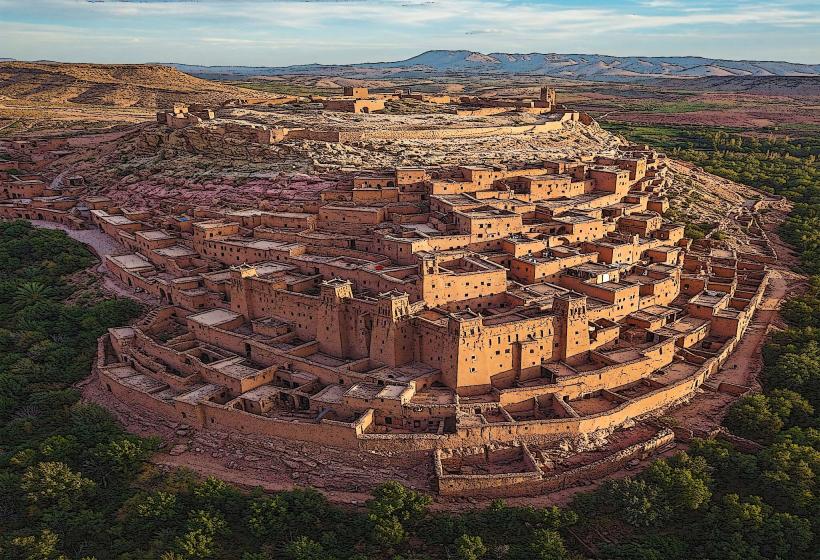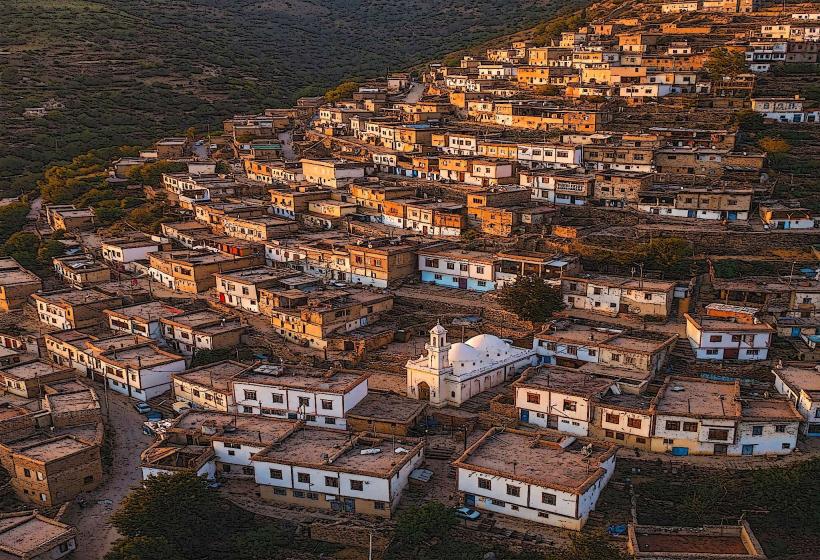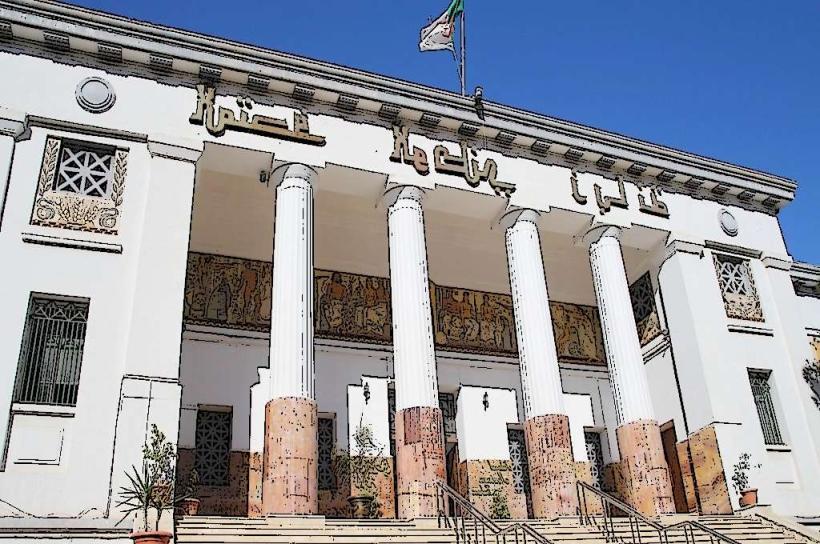Information
Landmark: National Park of DjurdjuraCity: Tizi Ouzou
Country: Algeria
Continent: Africa
National Park of Djurdjura, Tizi Ouzou, Algeria, Africa
The National Park of Djurdjura is a protected mountainous region located in northern Algeria, primarily within the Tizi Ouzou province.
This park encompasses a significant portion of the Djurdjura mountain range, a sub-range of the Tell Atlas.
Visual Characteristics
The terrain consists of steep limestone cliffs, deep valleys, and plateaus. Vegetation varies with altitude, featuring dense forests of cedar, pine, and oak at lower elevations, transitioning to sparser scrub and rocky outcrops at higher altitudes. Several karst formations, including caves and sinkholes, are present. Water sources include mountain streams and small lakes.
Location & Access Logistics
The park is accessible from Tizi Ouzou city. The primary access route is via the N15 national road, which traverses parts of the park. From Tizi Ouzou, travel east on the N15 for approximately 20 kilometers to reach the park's southern entrances. Parking is available at designated points near trailheads and visitor centers, though it can be limited during peak seasons. Public transport options are scarce within the park itself; local buses operate between Tizi Ouzou and surrounding villages, requiring onward travel by taxi or private vehicle.
Historical & Ecological Origin
The Djurdjura mountain range is geologically formed from Mesozoic limestone deposits, shaped by millions of years of erosion and tectonic activity. The park was established to preserve its unique biodiversity, including endemic flora and fauna, and its significant karst landscapes. Historically, the region has been inhabited by Berber communities for centuries, with evidence of ancient settlements.
Key Highlights & Activities
Hiking is a primary activity, with marked trails such as the ascent to Lalla Khdidja (2,308 meters) and the exploration of the Tikjda area. Cave exploration is possible in areas like the Grotte de Thoghzith. Wildlife observation, particularly of Barbary macaques and various bird species, is feasible. Photography opportunities exist for the mountain vistas and geological features.
Infrastructure & Amenities
Basic infrastructure includes marked hiking trails and some designated picnic areas. A few mountain refuges and guesthouses are located within or on the periphery of the park, particularly in the Tikjda resort area. Restrooms are generally available at the Tikjda complex and some larger trailheads. Cell phone signal is intermittent and often unavailable in remote areas. Food vendors are primarily concentrated around the Tikjda resort.
Best Time to Visit
The best months for visiting are from April to June and September to October, offering moderate temperatures and clear skies. Summer (July-August) can be very hot, especially at lower elevations. Winter (December-February) brings snow, making higher trails inaccessible without specialized equipment. For photography, early morning and late afternoon light provides optimal illumination of the mountain landscapes.
Facts & Legends
The highest peak, Lalla Khdidja, is named after a local saint. A notable geological feature is the "Bridge of God" (Djebhel Aïssa), a natural rock arch. Local folklore often speaks of spirits inhabiting the caves and forests.
Nearby Landmarks
- Grotte de Thoghzith (0.8km West)
- Tikjda Resort (3.5km North-East)
- Mount Lalla Khdidja (4.2km South-West)
- Djurdjura National Park Visitor Center (1.5km South)




